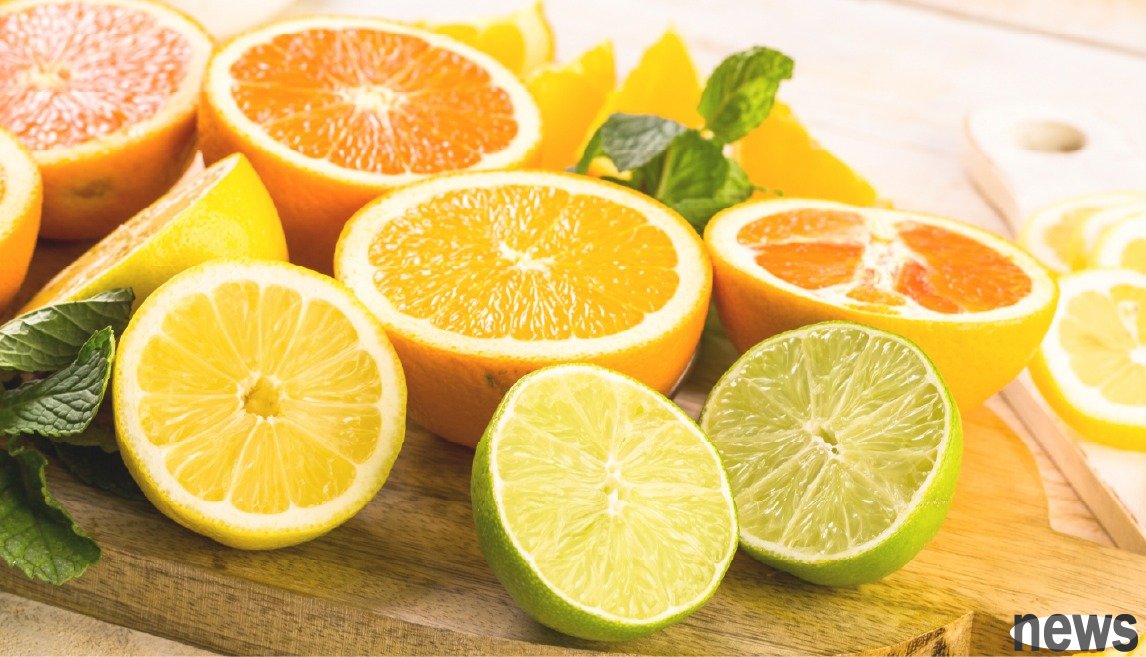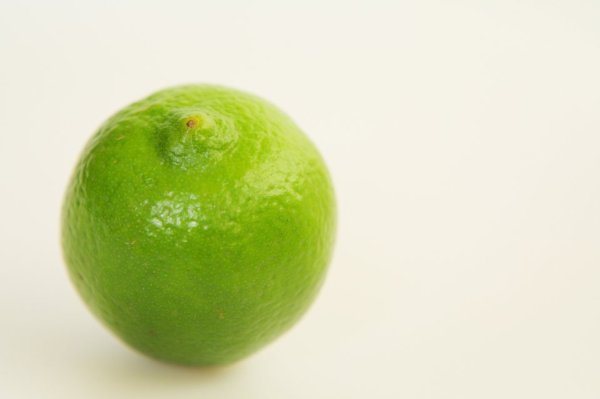The more sour the fruit, the higher the vitamin C content? Eat Vitamin C torch the kidney stone? Nutritionists crack Vitamin C Common Myth 3 Myths

Human research has a very long history of vitamin C. As a must-have nutrient for the human body, it has many important physiological functions. With the promotion and popularization of nutrition education in recent years, more and more people have begun to recognize the importance of vitamin C to the human body! But at the same time, it is also full of information about entertainment. So today's [PrimePlus Health Designer] brand nutritionist Sean is coming with everyone to break these common vitamin C myths!
The physiological function and daily recommended intake of vitamin CAs mentioned in the article, vitamin C plays a key role in maintaining human health. It has important physiological functions such as eliminating free radicals and antioxidant, activating immune system, anti-inflammatory, promoting gelatin synthesis, maintaining tight skin, injuring the mouth, promoting iron absorption and improving blood circulation, and hormone production. According to the recommendation of the National Health Administration, the daily recommended intake of vitamin C for adults in my country is 100 mg.
【Health Knowledge Plus Plan Highlights】- 3 Myths of Vitamin C are cracked once. In the content of the previous paragraph, we have briefly learned about the functions and demands of Vitamin C for our human body. Next, let us enter today's important story - Myths of Cracking! Myth 1: The more sour a fruit, the higher the vitamin C content?
This question is Sean's most common myth so far! Many people may think that the more acidic the vitamin C content, the higher the vitamin C content, so lemon is often regarded as the first choice for supplementing vitamin C. But the fact may surprise you! After ingredient analysis, the vitamin C content of every 100 grams of lemon (about two) was only 34 mg, accounting for only about 1/3 of the daily demand for adult vitamin C! Foods such as bell peppers and red heart bale are much richer in vitamin C content, about 4 or 6 times that of lemons! From this we can see that the sour taste in the taste has nothing to do with the amount of vitamin C content.
Myth 2: Because vitamin C is very healthy, it doesn’t matter how much you eat?Some people think that you can eat as much as possible for good things. Anyway, eating more is healthy, but Sean wants to tell everyone that this idea is not correct! It is not good to over-shelf or under-season, and Vitamin C is the same! According to research analysis, when vitamin C is replenished for a single time, the absorption and utilization rate of the human body will significantly decrease; if vitamin C is taken over a long period of time (more than 2,000 mg per day), in addition to causing stomach discomfort, it may also cause its antioxidant function to have a reverse effect, destroying the integrity of the red blood cells; it is also more likely to cause negative effects such as *rebound curvy. Therefore, if you feel that you need vitamin C health products due to insufficient vitamin C in your diet, remember to choose natural ingredients and pay attention to dosage marks to avoid excessive chemical synthesis of vitamins with high doses. If you take it for a long time, you will get hurt!
*Reverse aggravation: When taking high doses of vitamin C for a long time, the body will begin to gradually develop habits. I believe this is the reasonable concentration. When I no longer take such high doses of vitamin C, I will not be able to meet the body's demand, which will lead to symptoms of insufficient vitamin C.
Myth 3: Eat Vitamin C to cause kidney stone?This is also a myth that Sean often hears! As for why this is said? The reason is that vitamin C will be recognized as a substance called oxalic acid in the body, and a large part of the cause of oxalic acid is the oxalic acid calcium stone formed by the combination of oxalic acid and calcium. So vitamin C thought of a piece of it very "scheming" with the calcium stone. This statement also makes some patients with kidney stones "repellent C color changes" and deliberately do not eat foods containing vitamin C. But Sean wants to tell everyone that the key is still the dosage of vitamin C! If high doses of vitamin C (more than 2000 mg/day) are used for a long time, it is indeed possible to increase the risk of kidney stones; but under normal conditions, the incidence of vitamin C and kidney stones is not related, so there is no need to be too tight.

Vitamin C plays an important key role in the body and plays an indispensable role in maintaining health. But even so, there are still many small "eye corners" to avoid incorrect knowledge exposing our health to risks.
【PrimePlus Health Designer】 is committed to promoting correct health care knowledge to everyone, so that everyone can obtain information that is helpful to themselves and apply it to life through our health knowledge articles. I hope that everyone can use what they learn, tailor their own health, and design a happy life every day!




